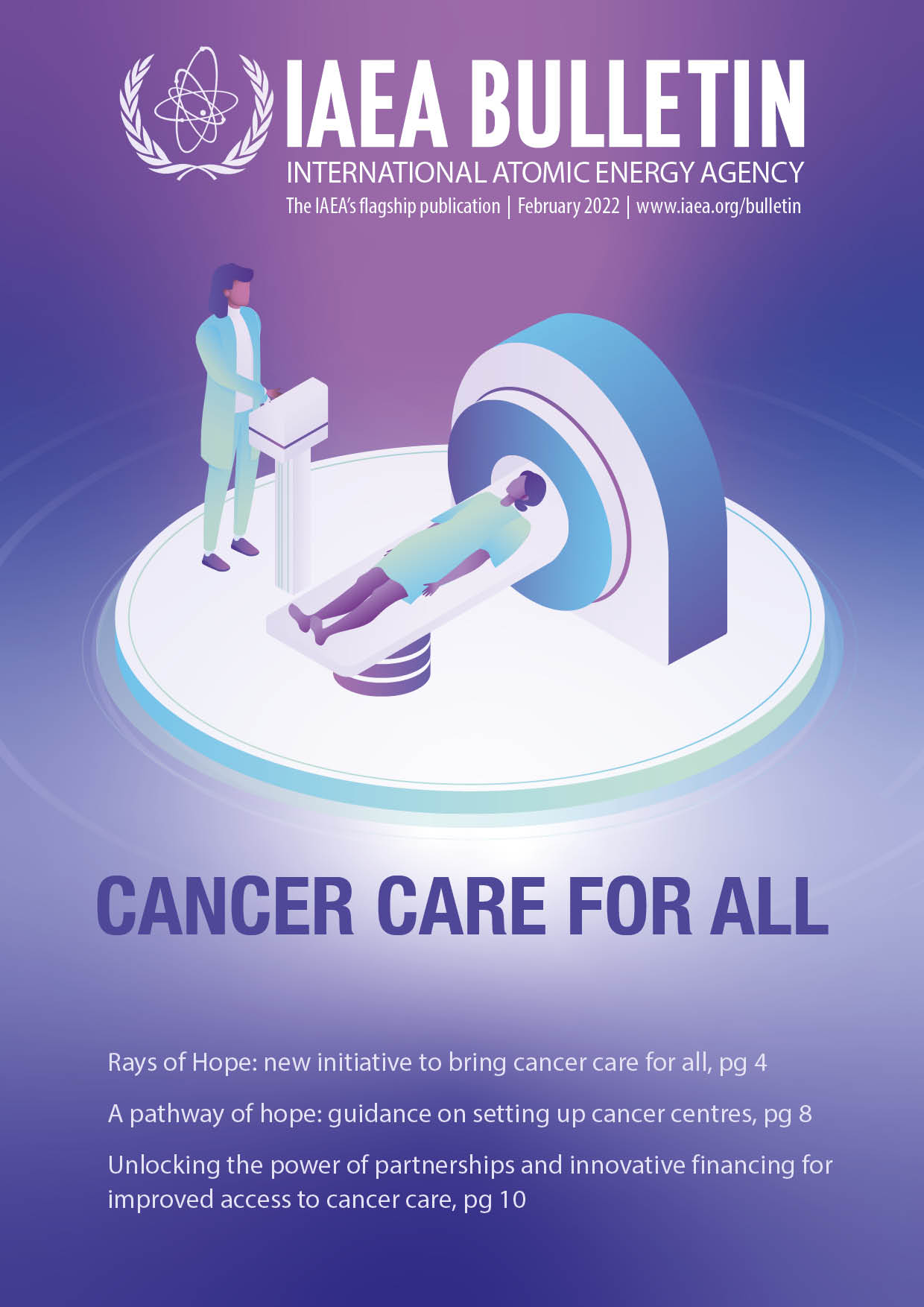Radiotherapy is required for nearly half of all cancer patients, and the precise delivery of radiation — the amount and the localization — is key to the success of the treatment.
“The accuracy of the dose delivered to cancer patients is directly related to the outcome, both in terms of tumour control and in sparing healthy tissue to the extent possible,” said Jamema Swamidas, Head of the IAEA’s Dosimetry Laboratory. “It is, therefore, extremely important to deliver an accurate dose, not only in terms of quantity, but also to the precise location of the tumour.”
Dosimetry is the science of measuring, calculating and assessing radiation doses, and dosimetry auditing ensures that radiation doses to patients are accurate and delivered with well calibrated machines. While some countries manage their own audit programmes, in those that do not, the IAEA — together with the World Health Organization (WHO) — has, since 1969, provided audit services to independently verify the calibration of radiotherapy units.
